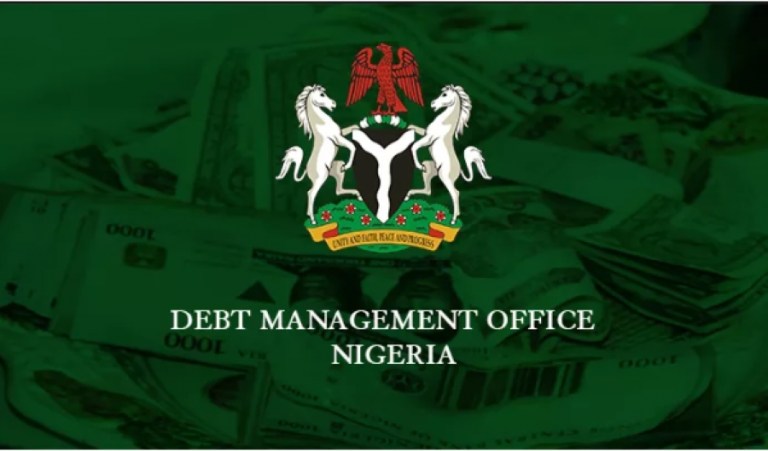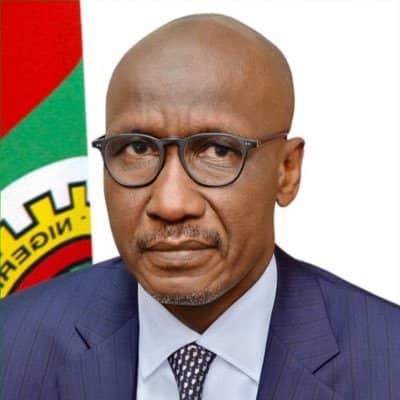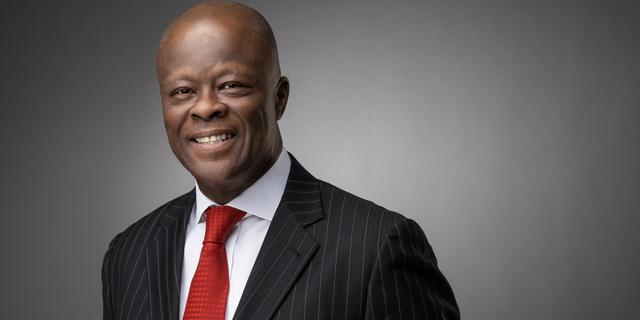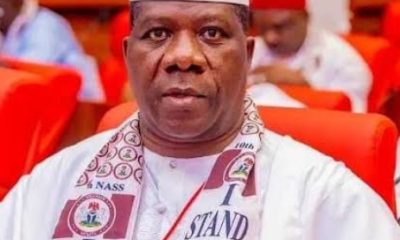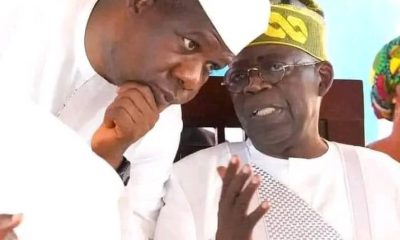The Debt Management Office (DMO) has stressed the need for the Federal Government to increase revenue drive to reduce the country’s debt profile and reduce fresh borrowing.
The Director General, DMO, Ms Patience Oniha, said this during a virtual interactive session tagged: “Nigeria moving beyond COVID-19; Opportunities for investors” organised by Coronation Merchant Bank (MB) on Tuesday in Lagos.
Oniha said that government needs to prioritise and invest heavily on sectors capable of generating increased revenue such as agriculture, mining and ICT to grow the economy.
According to her, sectors with robust revenue drivers are better positioned to respond to the risks associated with any transformation and to the urgency created by disruptive events.
Oniha said that the country’s debt profile had been on the increase because of the impact of revenue crash and the crises trailing the coronavirus pandemic on the economy.
She argued that the rate of borrowing had started declining until COVID-19 crisis forced Nigeria, like many other nations, to increase its borrowing in order to stimulate the economy and create more jobs for the people.
“To increase the level of revenue, and the DMO is very much in support of that; if we grow revenues, then debt service will be lower and debt will be sustainable, but it also means that we may not need to borrow that much.
“The second point which we have put forward to the government is that it cannot finance the projects like it used to.
“Our position for debt sustainability is to grow revenues and begin to work with the private sector to finance capital projects, and that way, the only thing that might increase is the off balance sheet liabilities in terms of guarantees and not on balance sheet borrowing,” Oniha said.
On whether the country will return to the Eurobond market after successful issuances, Oniha said, “We do have 6.18 billion dollars to raise for the 2021 budget but our transaction advisers told us to do 4 billion dollars.
“We were looking to go back at
some point but within one week of pricing, the market headed south and is still in that situation right now.
“Omicron came, Evergrand had some challenges in the market and so it is not exactly good for us to go back, and I can say for this year, we are not approaching the market, but if we do not get the money from the ICM, we can get it from another source.”
“We borrowed more because of the COVID-19 pandemic to provide palliatives, build a vibrant health sector and embark on activities that can create jobs because a lot of people lost their jobs due to the pandemic,” she said.
Oniha admitted that the nation’s growing insecurity poses a threat to investment inflow.
Also speaking, the Managing Director and Chief Executive of FMDQ, Mr Bola Onadele, said government needs to deploy large proportion of its borrowing into the productive sector to stimulate growth.
Onadele said: “Debt is sustainable when a country has the ability and size to meet current and future payment obligation without external assistance and default.
“Debt that is not sustainable has a negative consequence on investment.
“It is important that any country trying to borrow should have a pay back structure because investors in the global market look at capabilities to pay back to see if the country is within the purview of debt to service ratio,” he said.
The Managing Director, Commercio partners Ltd., Mr Steve Osho, said investors consider macro economics and ratings of countries and subnational in determining whether to invest into the country.
Osho said: “In Nigeria, Debt Service to GDP is 90 per cent. What it means is that as you generate N100, N90 is used to service debt and this will definitely affect credit rating. This is a source of concern.”
